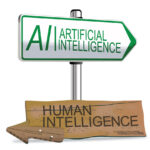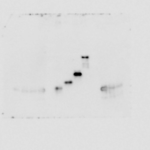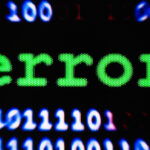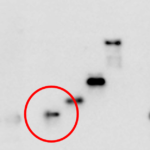ChatGPT’s capabilities are irrefutable. However, when asked to edit the language of scientific papers, it can make mistakes. Crucially, ChatGPT best guesses the next word; it cannot deduce the author’s intended meaning in the same way an experienced subject-matter expert can, and it cannot leave comments asking for clarification as a human editor would do. […]
Many journals now ask for unprocessed western blot images. How long should the lab keep them?
Those journals that ask for unprocessed original images of gels and western blots often publish the data as supplementary materials. In such cases, you do not need to keep the data at all, as the published article acts as a sort of repository, where your data will be stored in perpetuity. Other journals may ask […]
Can images from the Internet or a Chinese-language journal be used for publication in a different journal?
Yes, you can re-use images from the Internet and Chinese-language journals if you have obtained the necessary copyright permissions and you cite the original source (in the figure legend). Journals will not accept re-used images for which you have not obtained the necessary permissions. Check the copyright of the image If you want to re-use […]
If I find an error in a past publication, is it necessary to contact the journal?
Covering up a mistake is perceived as dramatically worse than the mistake itself. Discovering an error in a past publication can be a terrifying experience. However, if the mistake was genuinely unintentional, you should contact the journal to issue a correction/retraction. Doing so, and being as transparent as possible about the error, may even generate […]
Biomedical images – how much processing is too much?
Of almost 4000 retractions listed in the Retraction Watch database in 2021, over a quarter involved “concerns/issues about image” or “duplication of image.” Similarly, a recent study found that two-thirds of 120,000+ comments on PubPeer involve concerns about images. Inappropriate manipulations range from innocent errors to “beautification” to intentional falsification. It is unsurprising, then, that […]





